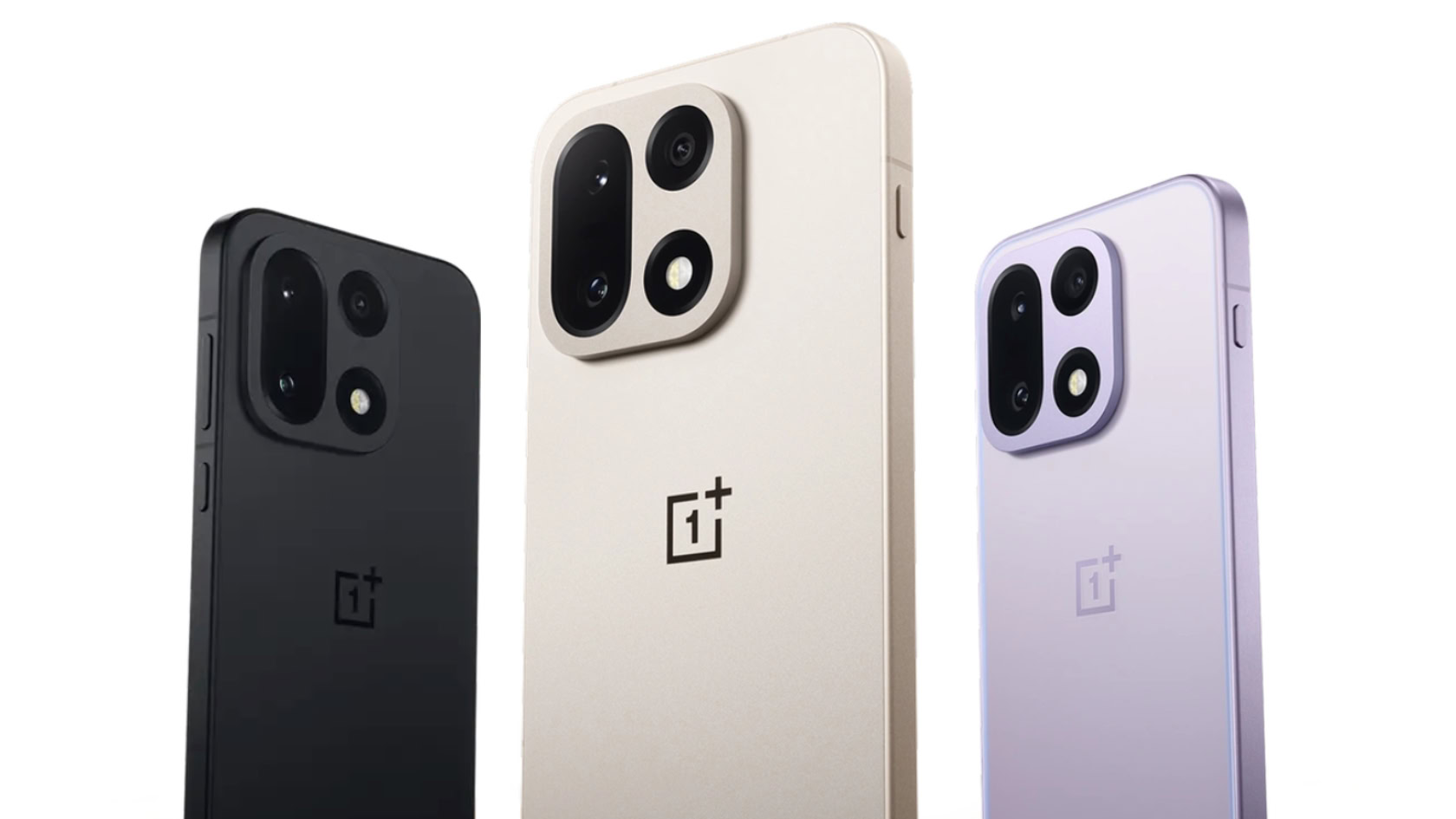A Seattle biotech startup born from a Nobel laureate’s lab has landed $12.7 million and partnerships with pharmaceutical giants Pfizer and Kite Pharma by using AI to design proteins that mount a multi-pronged attack on diseases.
Accipiter Biosciences emerged from stealth today with a leadership team that includes researchers who worked at the University of Washington’s Institute for Protein Design under David Baker, a 2024 Nobel Prize in Chemistry winner for his breakthroughs in building proteins from scratch.
The company is using artificial intelligence tools developed at the institute to engineer de novo proteins that have the unusual ability to bind multiple cellular targets at once, potentially amplifying their illness-fighting impact.
“We want to establish this new modality,” said Matthew Bick, Accipiter Bio’s co-founder and CEO. The strategy, he added, could unlock new ways to more effectively treat complicated diseases.
There’s evidence that combinations of drugs sometimes perform better than single therapies, but the challenge has been coordinating their actions so they work together at the same location.

In some forms of cancer, for example, multiple cell functions need to be turned on simultaneously to produce helpful molecules that work synergistically to create an effect “that is not just additive, it’s multiplicative,” Bick said.
The approach could also speed U.S. Food and Drug Administration approval and cut costs. Typically, when two drugs are combined to treat a condition, each must undergo its own expensive Phase 1 safety trial, followed by an additional trial testing them together. A single multi-functional drug would need just one Phase 1 trial.
Multiple avenues to drug therapies
Accipiter Bio has entered into a collaboration and license agreement with Pfizer to research and engineer new molecules. The deal provides an upfront payment for the startup and the potential to earn more than $330 million if Accipiter Bio hits certain milestones and through royalties.
“With Accipiter’s platform technology and collaboration, Pfizer aims to solve complex therapeutic problems with biologics that may have previously been unattainable,” said Jeffrey Settleman, Pfizer Oncology R&D’s chief scientific officer.
Accipiter Bio also has an agreement with the oncology drug company Kite, which is owned by Gilead Sciences, to design proteins for use in cell therapies. The arrangement similarly includes initial funding with the possibility of milestone payments and royalties. Kite has the option of acquiring molecules created through the arrangement and develop them into therapeutics for global sales.
On top of those efforts, Accipiter Bio has four of its own drug-development programs. Two programs are preparing for formal FDA discussions about human testing — a stage called pre-IND .
Bick would not provide details on the efforts, but said the company is researching agents for treating cancers and irritable bowel syndrome, among other ailments.
Funding and leadership

Flying Fish Partners and Takeda Ventures co-led the seed round. Additional investors are Columbus Venture Partners, Cercano Capital, Washington Research Foundation, Alexandria Investments, Pack Ventures and Argonautic Ventures.
“We’ve reached the point where computation isn’t just speeding up biology,” said Heather Gorham, principal at Flying Fish Partners and Accipiter board member. “It’s expanding what’s biologically possible.”
The startup launched in March 2023 and previously raised about $800,000 to get off the ground. Bick was a senior fellow in Baker’s lab for more than seven years and later a senior director for Seattle’s Neoleukin Therapeutics.
Accipiter Bio has 17 employees. The leadership team has three members in addition to Bick.
- Javier Castellanos, co-founder and chief technologist, was a graduate student with Baker; co-founder and CTO of Cyrus Biotechnology, another protein design startup; and a past director at Neoleukin.
- Hector Rincon, co-founder and chief scientist, was with Seagen (now a division of Pfizer) for more than seven years where he helped take a therapeutic from proof-of-concept to the first step of getting a new drug approved. He was also briefly at Neoleukin.
- William Canestaro, chief operating officer and chief strategy officer, has worked on the business and investing side of biotech with roles at the UW’s Michael G. Foster School of Business, Washington Research Foundation, Pack Ventures, Pioneer Square Labs, Cyclera Therapeutics and others. He has served on the board of directors for multiple startups.
Building on experience
While the strategy of using AI to build a new class of proteins could open the door to groundbreaking therapies, drug development is a risky business.
Neoleukin was a biotech company co-founded by Baker that spun out of the UW in 2019. The startup’s lead drug candidate, an engineered protein used in cancer treatment, under-performed in a Phase 1 trial. Neoleukin laid off many of its employees before merging with another company.
The three co-founders met at the startup and gained valuable technical and strategic lessons from the experience, Bick said. That included the need to have multiple drug programs running at once and insights into preventing immunogencity, which is an unwanted immune response to foreign bodies.
“We were part of the team,” he said, “that took the first fully de novo protein into patients.”










